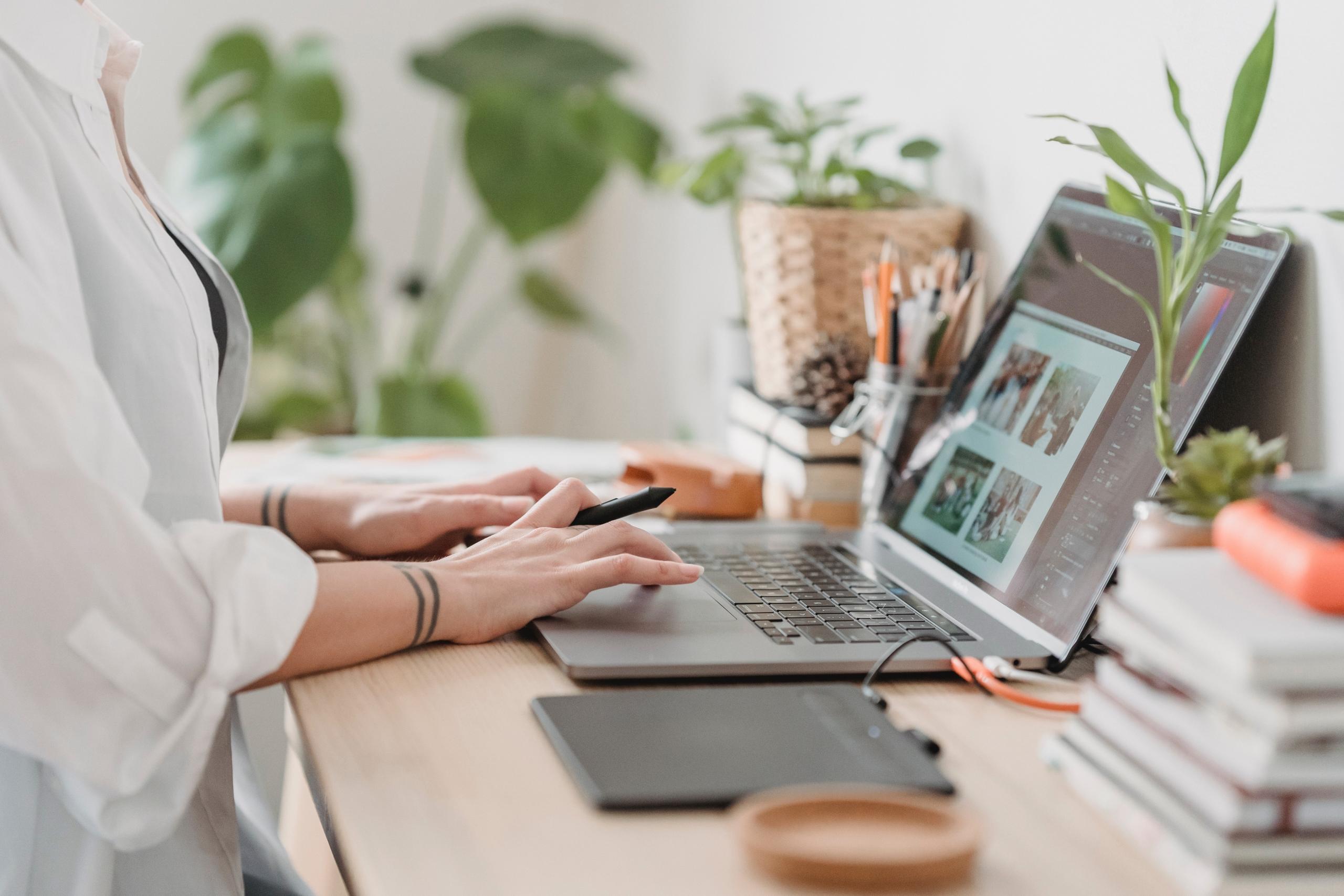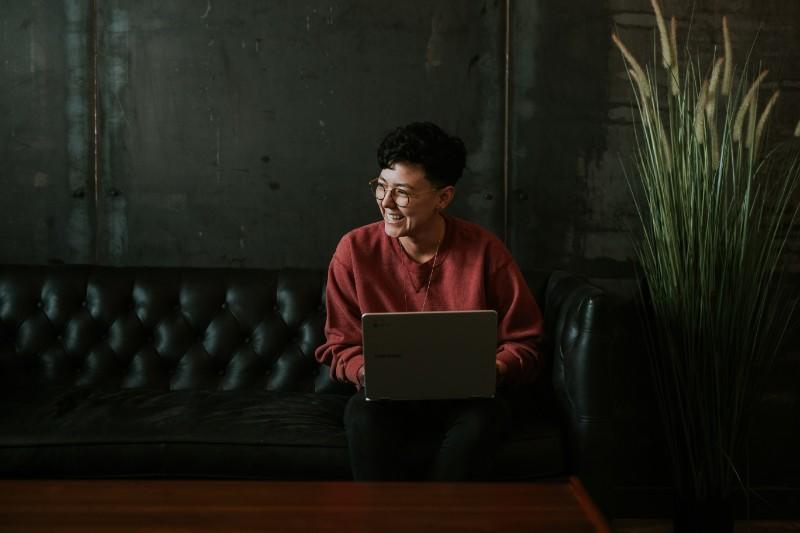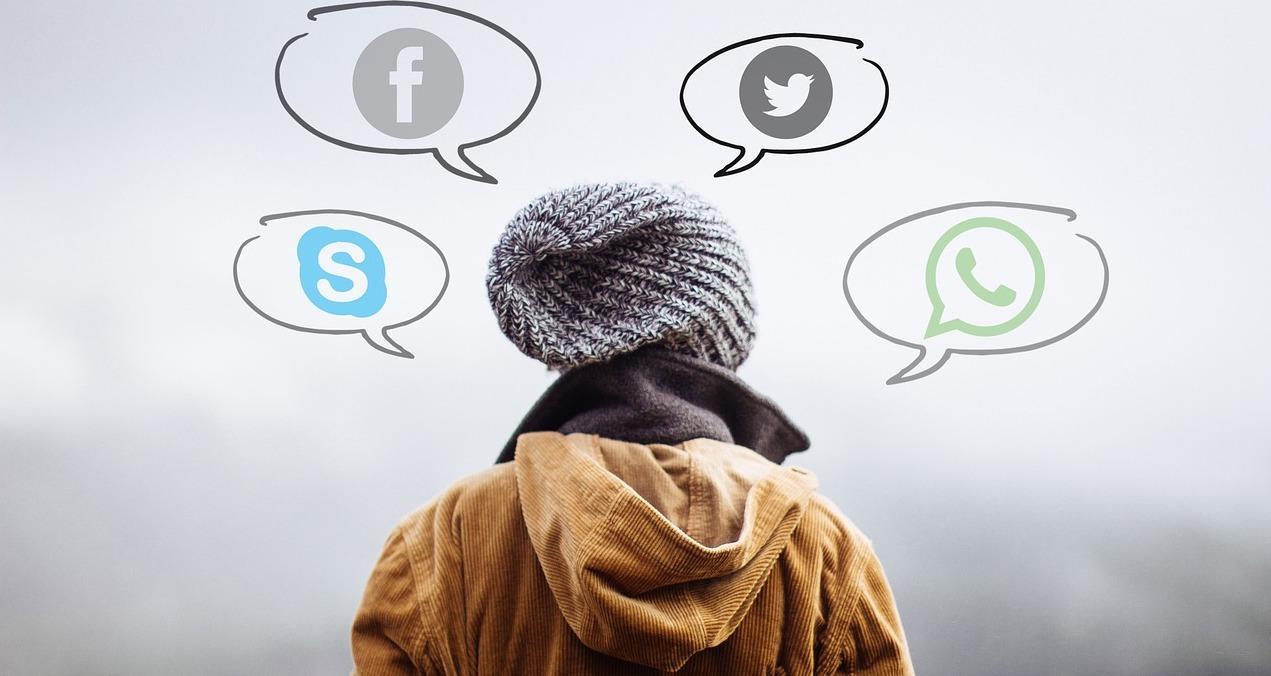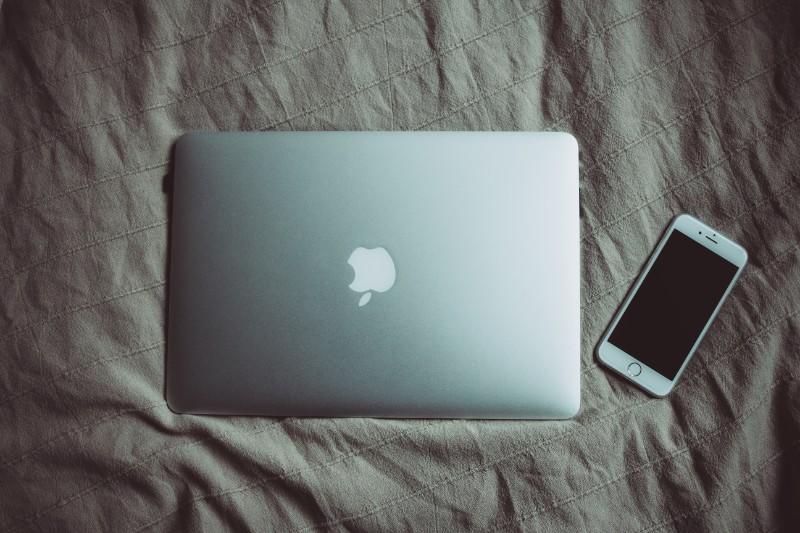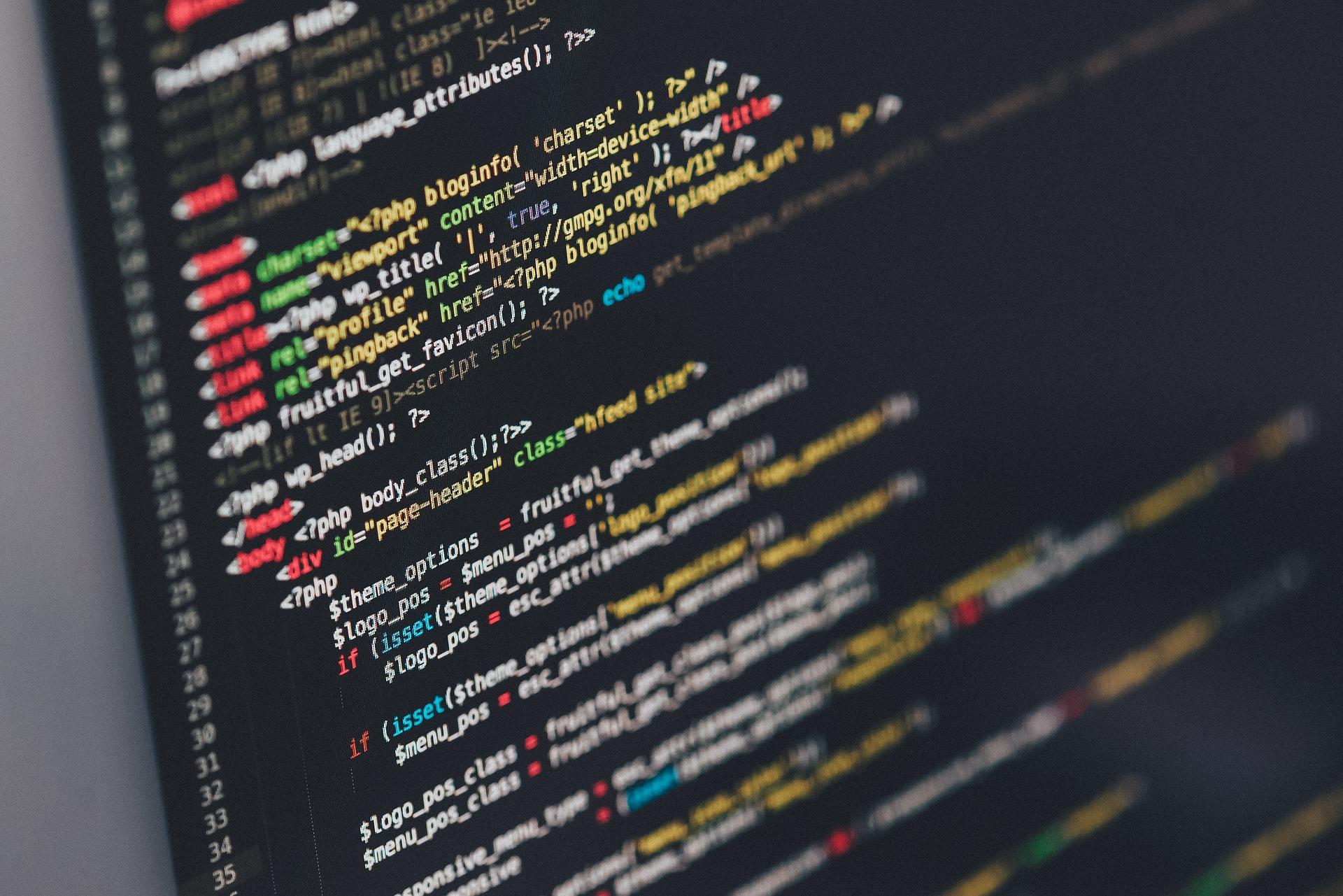Don't get to the point where this statement could be coming out of your mouth, "I never really thought that I'd need to worry about my safety online until my Instagram account got hacked and my personal photos got edited and leaked."
While the internet is possibly the best invention since sliced bread, it needs to be used with caution. Whether you are surfing the web for entertainment purposes or educational purposes, exercise caution when using the web.
Technology is a useful servant but a dangerous master. Christian Lous Lange
You are the master of your technology, so be in charge of your devices and social media platforms by putting your safety first at all times.
While it does feel safe being on the internet and visiting various websites, you do need to be careful about some things when you use the internet. For one, you don't want to find out that you have been hacked. You also don't want any of your personal details compromised, or your banking details getting stolen. All these unfortunate incidents could happen if you do not show wisdom online. Adhere to certain cyber safety rules to make sure that you are protected when you are online.
Having your personal address compromised, your bank details stolen, or being hacked are just some of the unfortunate things that can happen if you don’t follow some basic rules for the internet.
The idea behind this guide is to ensure that you know all the rules for staying safe online while at the same time being guided as to what cyber safety is and what you need to be aware of should you wish to be cyber smart.
Want to give private lessons?
Join the Superprof community and share your knowledge with inquiring and motivated students.
Internet Safety Rules
Password on Point
-
"Safety is more important than convenience"- Don Hambidge
While it is more convenient to create an easy password that you will remember online and to use the same password for every website that requires a password, this option is never ideal.
To ensure that you will be safe online, make sure that you create a strong password. The more complex the password the better it is to stay safe online, however, when setting a password make sure that you remember the password that you created. Oftentimes a site will tell you whether the password that you created was strong enough. You want to opt for creating a password that contains a great mix of words, numbers, special characters, upper case letters and lower-case letters.
To take further precautionary measures, don't repeat one password for several sites. Don't use the same password repeated, especially, if you have a simple password. Having an easy password means that you have a stronger chance of getting hacked. Hackers can crack the code and find out your simple passwords effortlessly, so try to have many different passwords for all important platforms in case one of your passwords gets discovered.
Don't be too quick to share details about your password with anyone. Even when it comes to the people that you really trust, shy away from giving these people your password details. Your password is personal and no one else needs to know what your reasoning behind your password was or what your password really is.
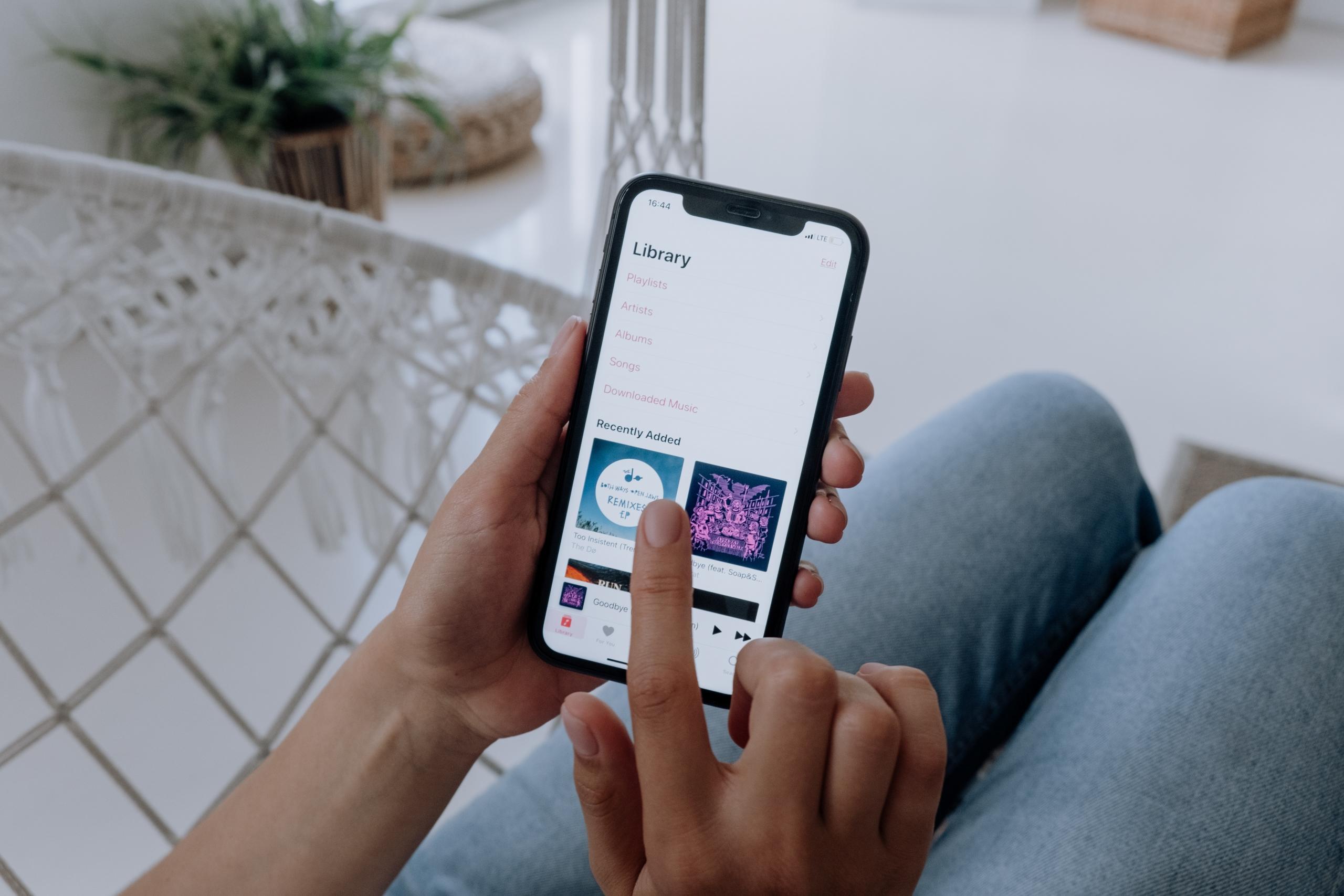
You leave a trail each time you use an app or website. - Image source: Pexels Be Aware of Your Digital Footprint
According to a proverb, "Caution is the parent of safety."
Be cautious about what you choose to post. When you post on social media or online, you don't see the broader picture that whatever you post will stick with you forever. The digital footprint that you leave behind follows you all throughout your life.
- Sometimes deleting something online is not enough to remove information that has already surfaced online. You don't want details like your personal address to be known by people you don't know. You also want to ensure that your name and details don't pop up on many different databases.
You further need to be extremely cautious about leaving personal details like your credit card or debit card details online. Make sure that before you enter your bank card details online that you are shopping from a legit website. It pays to do some research on an online store before you make the purchase.
Social Media Safety
When the lines between social media and reality becomes blur, we tend to overshare all over our social media. Social media safety is essential. A simple picture posted or even a comment can stay on the internet for your entire lifetime.
More than protecting yourself from others, when it comes to social media, you need to protect yourself from posting things that could haunt you entirely.
Employees often ask for links to your Twitter, Instagram and LinkedIn to do some research on you before they hire you. In that regard, if you are wishing to find employment, be extremely aware of what you post and how much you share online.
Encrypt Your Data
Even though many people don't do this, the best possible way to secure your personal data is by encrypting your data to avoid your information from being exposed to hackers.
When you encrypt data, you convert your data into some form of code.
Stay Safe on the Internet

Safety is always the top priority. Anna Folmsbee
Ironically enough, you can do a search online to find out ways to stay safe online. You can learn core online safety tips by watching some great online safety videos on YouTube.
Now that you are slightly wiser when it comes to staying safe online, you may want to find out more about social media safety as well.
If you have become more alert about your online presence and the mark that you leave every time you visit a website, fill out a form, or even post a picture of yourself on social media, you may want to step up your online safety features even further, especially when it comes to your social media safety.
Avoid Geo-Tagging
Geo-tagging is simply the fact that your current location gets posted to your photos, videos, and social media posts. The feature may certainly allow you to keep your memories of the places that you've visited neatly organised, however, it does reveal too much detail like perhaps the location of your home when you post a picture of you at home.
Avoid Clicking on Strange Links
The best way that hackers get hold of your social media platforms is by sending you a link in your DM's. The minute you click on the mysterious link, you give the hackers the ability to take control of your social media platform.
Avoid Staying Quiet
If you notice that someone seems to be doing weird things on social media platforms or sending strange links, feel free to report the bad behaviour to Instagram or Facebook. The person may not trick you since you have become much wiser online, but he or she may surely fool someone else and eventually hack someone else's social media.
What Else Could Staying Safe Online Mean?
You learnt all the tools to protect yourself from physically getting hacked, having your location exposed, or your banking details revealed. However, there is more to staying safe online and that involves staying safe from emotional bullies and trolls as well.
Sharing or over sharing which is part and parcel of our new social media generation often attracts negativity as well in the form of cyber bullying.
The fact that anyone can easily contact you makes it so much easier for someone to bully you. Anonymity and the fact that people can conceal their true identities or use pseudonyms means that your chances of getting bullied online are much higher.
If someone's comments or private messages make you feel uncomfortable or emotionally hurt, block these people. Entertaining a bully only makes the extent of the bullying much worse.
If you allow your teenage child to have all the different social media platforms, give his or her social media a check now and again. While it is important to respect the privacy of your teenager, it is equally as important to ensure that he or she is not falling prey to the online bullying techniques employed by other teenagers.
More Tips for Online Safety
Creating a digital lifestyle
One of the main things to stay in control of when you are using social media apps and the like is your mental wellbeing.
Have you ever used that feature on your phone where you check how often you used your phone throughout a certain day? The statistic is appalling. Most likely, you would have used your phone more than you actually thought you may have. The thing about creating a digital presence and having a digital lifestyle that is slightly different from real life is that you tend to get so caught up in it all that it becomes impossible to separate reality from online activities.
Have limitations when it comes to using your device. Sometimes consider substituting online news and news that you get from Facebook, Instagram, and Twitter with the news that has been printed in a newspaper.
Remember that the digital lifestyles created by most influencers and bloggers are not in any way their real lifestyles, so shy away from craving the lifestyles that you see on social media. Without even thinking about it, you may crave someone else's life because of what they chose to display on all of their social media platforms. While someone may be receiving millions of likes on their Tik Tok posts, it doesn't necessarily mean they have their lives all figured out. Don't fall into the trap of believing your life is not great just because you see some other type of lifestyle being displayed online. Social media jealousy can cause turmoil in your mindset and, in fact, cause you to suffer from many mental health issues.
To ensure that you stay mentally healthy, take a break from social media every now and again. Sometimes the break is all that you need to realise social media reality is not anything like your real reality.
Want to give private lessons?
Join the Superprof community and share your knowledge with inquiring and motivated students.
Summarise with AI

